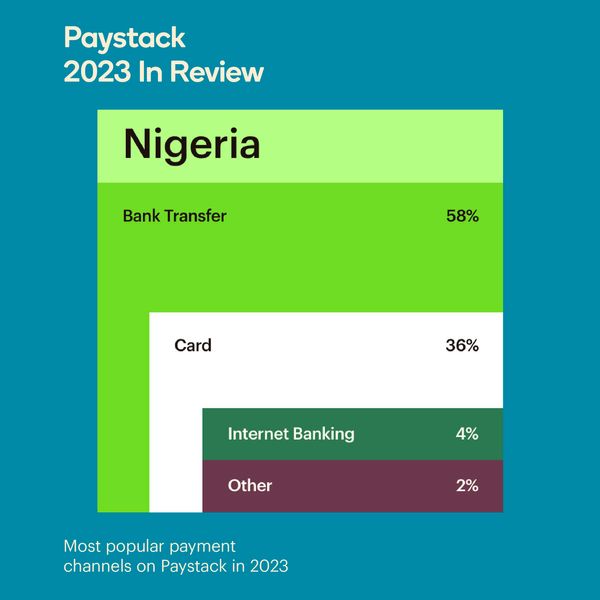Yesterday, Nigerian fintech, Paystack, trended on Twitter, after calls by some users to boycott the company.
On August 17, @obidi__, a Twitter user, announced that she was organising a private birthday party in Abuja, Nigeria, on August 22: this Saturday. She also mentioned it was going to be a paid one.
The next day, however, she tweeted that the payment platform she intended to use was Paystack and for some reason, the company disabled her account because she was ‘selling body parts’.
A closer look revealed that Paystack did disable her account, but for another reason. She didn’t adhere to a different part of the company’s Acceptable Use Policy.
According to an email to her, the company said that while reviewing @obidi’s business on the platform, they realised that it involved sexual activities; in this case, an orgy.


“We would like to draw your attention to Section 2 of Paystack’s Acceptable Use Policy, which states that Paystack may not be used in connection with any product, service, transaction or activity that relates to the sale and/or purchase of certain sexually oriented materials or services,” an excerpt from the email read.
So in essence, she was trying to use Paystack in connection with one of the many business categories the company said it wasn’t going to permit in its Terms and Conditions. And as stated in its “Actions by Paystack” segment, the company suspended her use of Paystack’s Services.
Additionally, there are other risks that come with Paystack doing business with the type of companies listed on its “Certain Business Categories” segment. Like this Twitter user pointed out, other payment companies, for instance, Stripe has meaner policies.
While it is a known fact that most terms and conditions are incredibly long and hard to read, situations like this Paystack-orgy saga subtly reminds us of their importance.
According to The Guardian, about 7% of individuals online read the entire terms and condition document. And about 20% of people have suffered in one way or another by not reading them.
Accepting these terms and conditions whenever downloading an app, accessing a service, registering on a website, is legally binding. It is for this reason you need to spend some time reading them before going forward.










